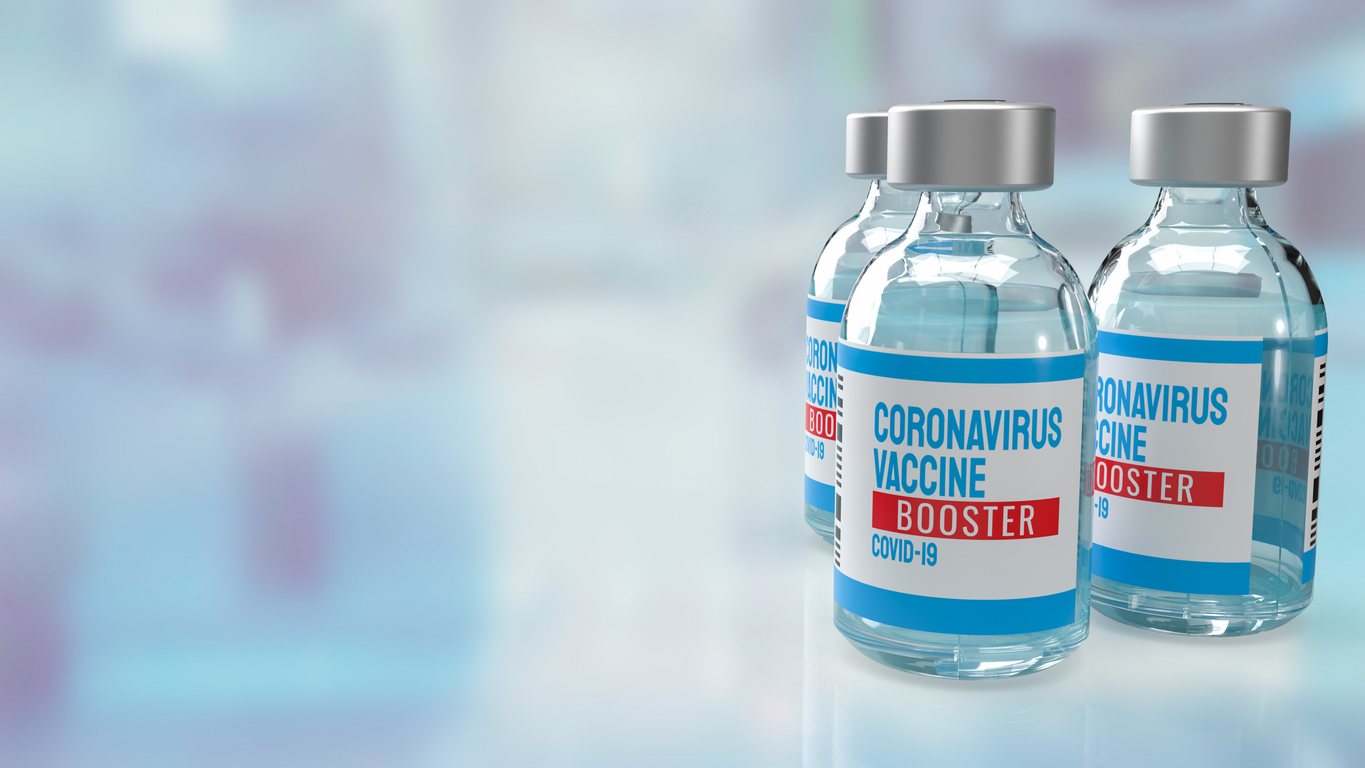As COVID-19 regulations continue to ease across the globe, many travelers are looking for enhanced protection against the disease. According to On Call’s Chief Medical Officer, Dr. Nathan, “Staying up to date on vaccines, including boosters, is the most effective way to prevent serious illness from COVID-19. Since vaccine protection decreases over time, getting a booster shot will restimulate an individual’s immune system and increase vaccine efficacy.” Interested in learning more about the latest COVID-19 booster which specifically targets the virus’ Omicron variant? Dr. Nathan is here to help by answering some of the most frequently asked questions we’ve received on this topic, as well as some actionable advice for those with upcoming travel plans.

What is different about this latest COVID-19 booster?
Dr. Nathan: The new booster is a bivalent booster, which means it has two components of the COVID-19 spike protein, one from the original strain and one from the Omicron strain (BA.4 and BA.5 lineage). This is a change from the earlier vaccines and boosters, which only had a component from the original strain of COVID-19. This means that the vaccine is expected to give better protection against the Omicron variant that is circulating while also protecting against the original strain of the virus.
When did this newest booster roll out to the public?
Dr. Nathan: The FDA issued the emergency use authorization on August 31, 2022. The vaccines rolled out to the public in September of 2022 and are available in many pharmacies worldwide.
Do all the major vaccine players (Pfizer, Moderna, J+J) offer the newest booster?
Dr. Nathan: The bivalent booster is only available from Pfizer and Moderna.
Can boosters be “mixed” and matched? For example, if an individual first received the Moderna vaccine (primary two-shot series), but now wants to get a Pfizer booster.
Dr. Nathan: Yes, the boosters can be mixed. Based on previous studies on mixing and matching, the boosters should be interchangeable. Both vaccines have the spike protein components from the original and Omicron strains and will provide protection against severe disease.
Who is eligible for this newest booster?
Dr. Nathan: The Moderna booster is approved for ages 18 and up; the Pfizer booster is approved for ages 12 and up. Individuals who were originally vaccinated with Johnson and Johnson or Novavax can get either booster. Individuals are eligible for this latest booster if it has been at least two months since they completed the primary (two-shot) vaccination series or if they have previously received the original (monovalent) booster. Children aged 5-11 are recommended to get the original booster.
Are there any known side effects from this latest booster?
Dr. Nathan: The side effects of the new booster are similar to the original booster. The most common side effects are injection site pain, fever, headache, and fatigue. Some early data Is showing fewer reactions from the booster than from the second dose of the primary vaccine.
Is there anyone who should not receive a booster shot?
Dr. Nathan: People who have had severe or immediate allergic reactions to a previous dose of an mRNA COVID-19 vaccine or any of its components should not have the new booster shot.
If a traveler has recently recovered from COVID, how long should they wait until getting their next booster?
Dr. Nathan: If a person is recovered from COVID and has no symptoms, they can get the booster immediately. But they can also delay the next vaccine by three months from when their symptoms started or when they had their first positive test.
If a person has COVID, but is on Paxlovid, can they get their next booster?
Dr. Nathan: A person on Paxlovid should delay the booster until their COVID symptoms are gone. After completing the medication, a person can get the booster right away, or delay the booster by three months. When calculating the timing of the booster, individuals should consider personal factors. If the risk of severe disease is high or local transmission rates are high, individuals may want to get the booster sooner than three months.
Can a traveler receive a booster at the same time as their flu vaccine?
Dr. Nathan: Yes. Individuals can get the COVID vaccination with most of their medical evaluations and vaccinations. Getting both vaccines at the same time will give the highest protection over the fall and winter months.
Is there any particular “formula” for figuring out how to best time one’s booster shot with upcoming travel?
Dr. Nathan: There’s no clear formula for determining the maximal protection from a booster, particularly from this newest booster. We do know that antibody titers start to rise days after the vaccine and reach high levels within two weeks. From the previous booster, we know that the effectiveness against severe illness (needing hospitalization) was around 90% two months after the vaccine, and it dropped to around 80% four months after the vaccine. Piecing all of that together, I would suggest getting a booster 2-4 weeks before any upcoming travel.
Want to Learn More?
For over 25 years, On Call International has provided fully-customized travel risk management and global assistance services protecting millions of travelers, their families, and their organizations. Contact us today and watch our video to learn more. You can also stay in touch with On Call’s in-house risk management, travel health and security experts by signing up for our quarterly Travel Risk Management (TRM) newsletter.
The information provided within this post has been compiled from a multitude of available sources, and is based on the current news and situational analysis at the time of writing.


